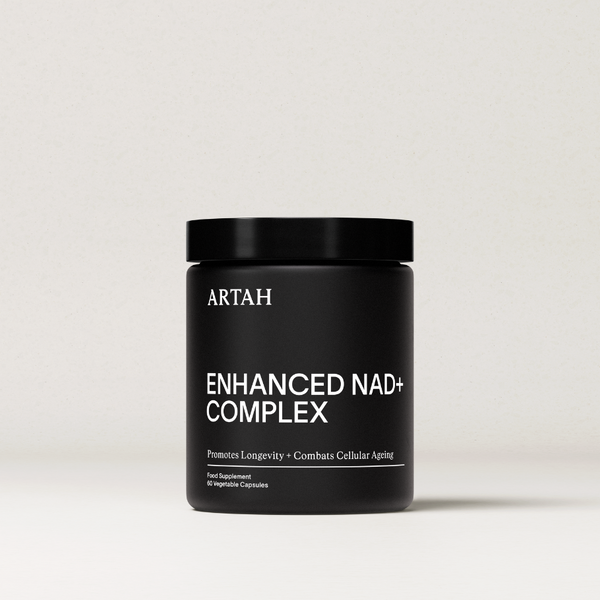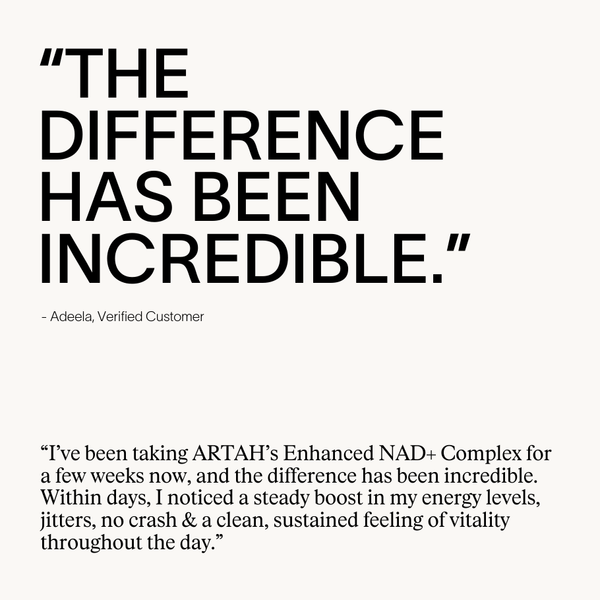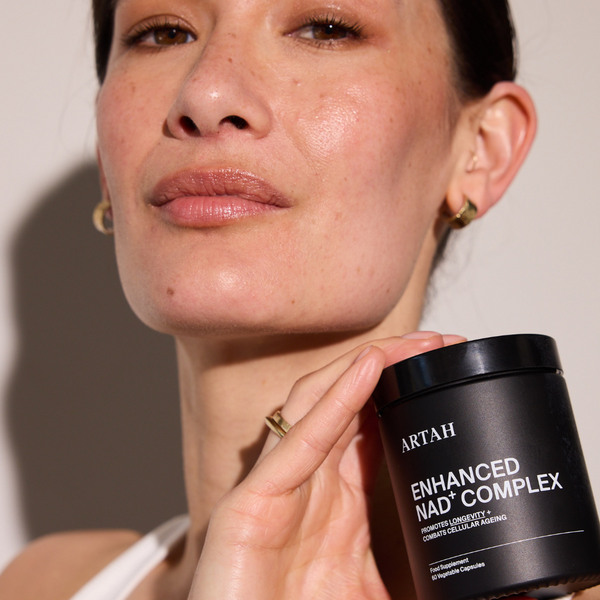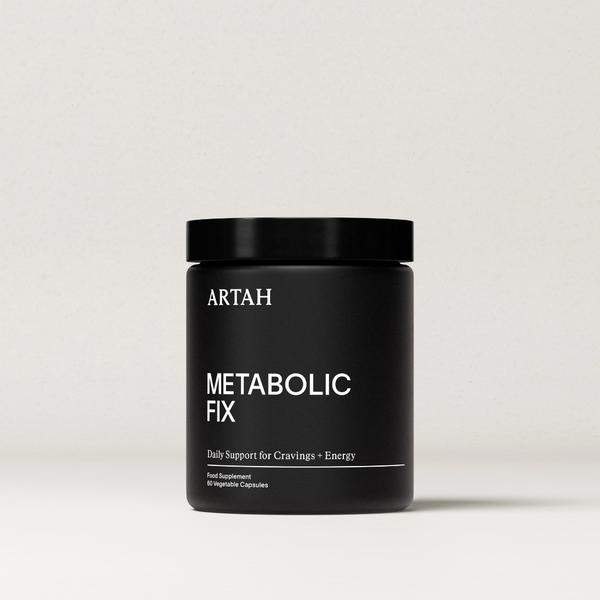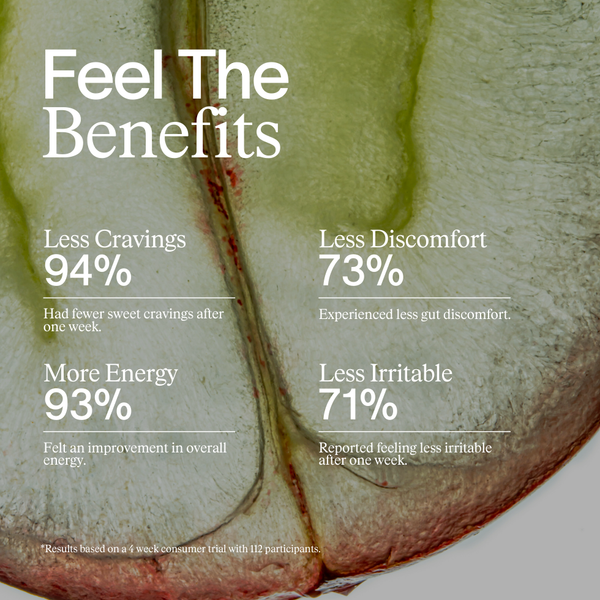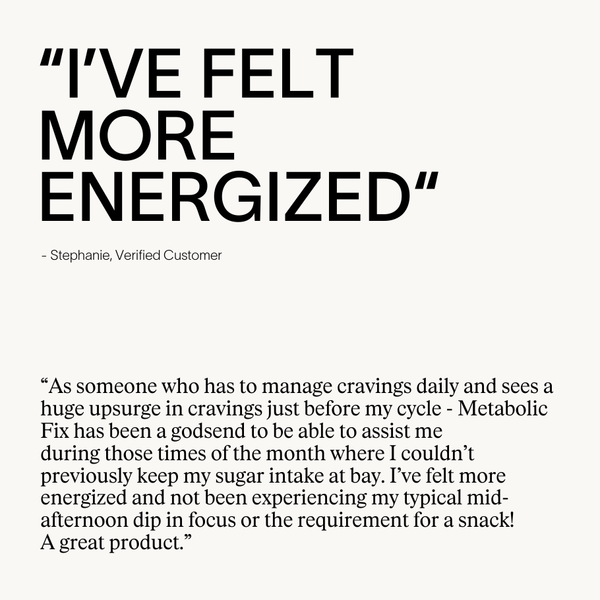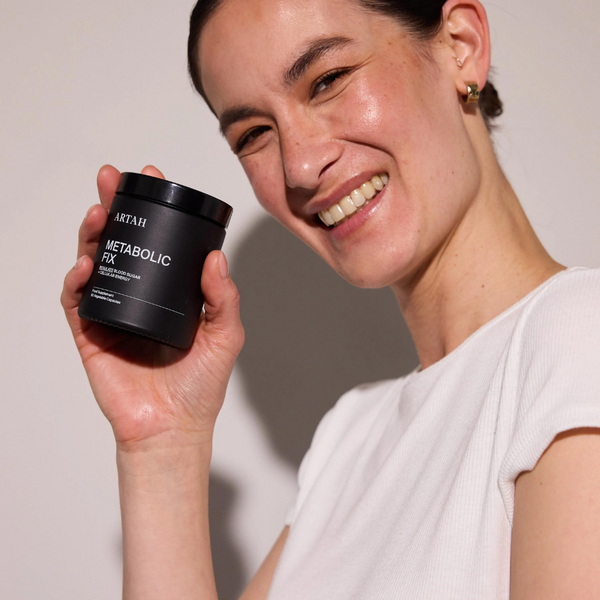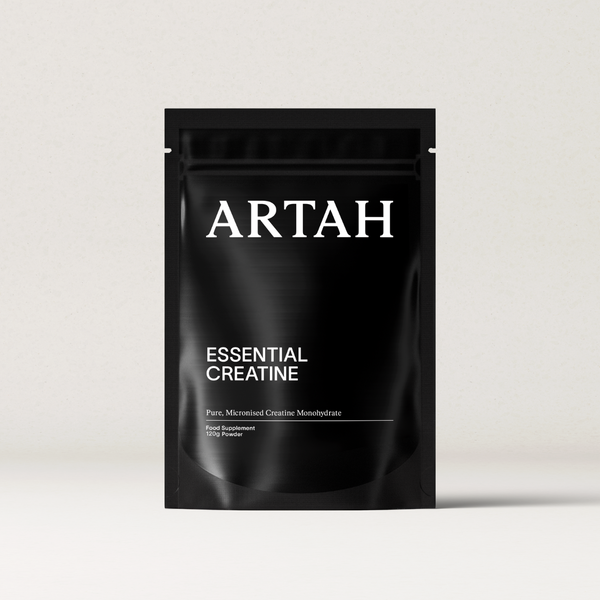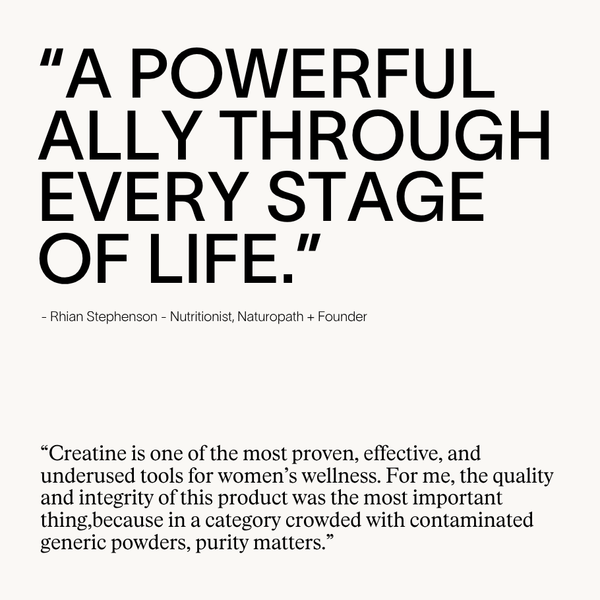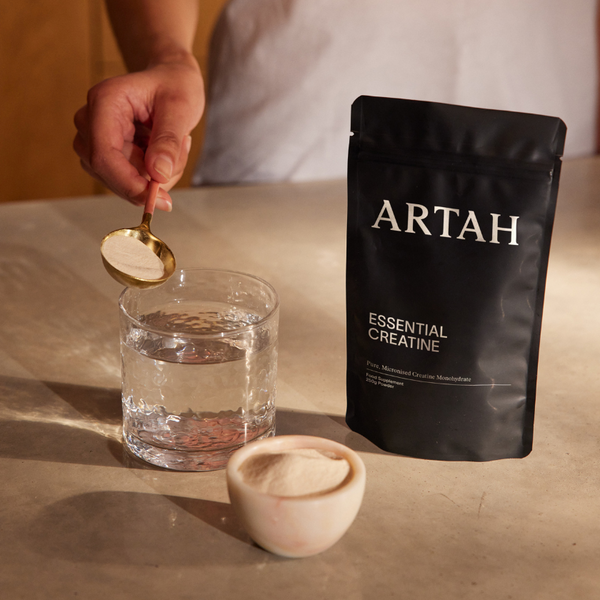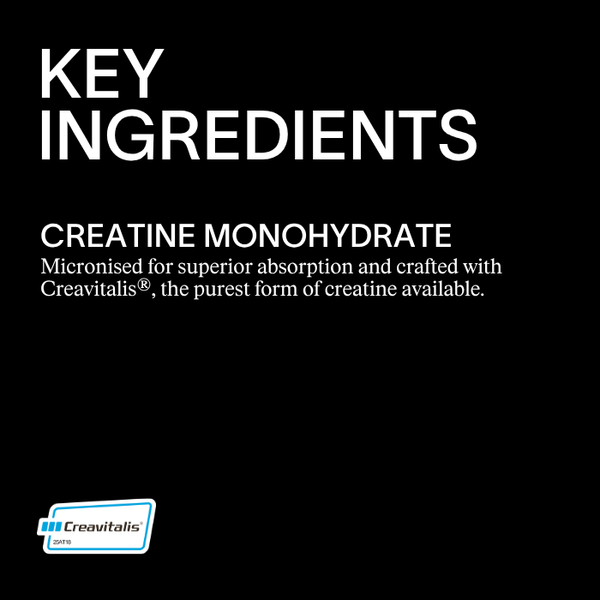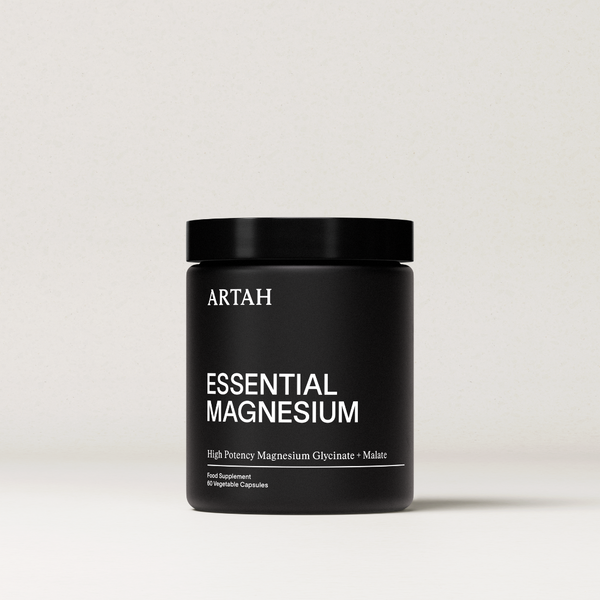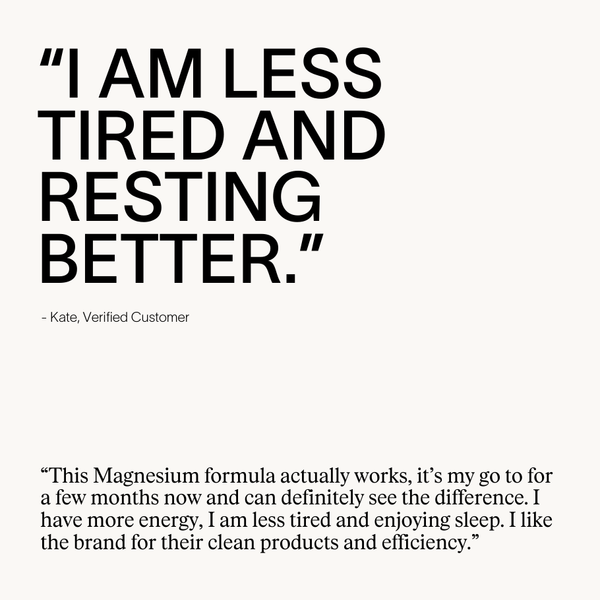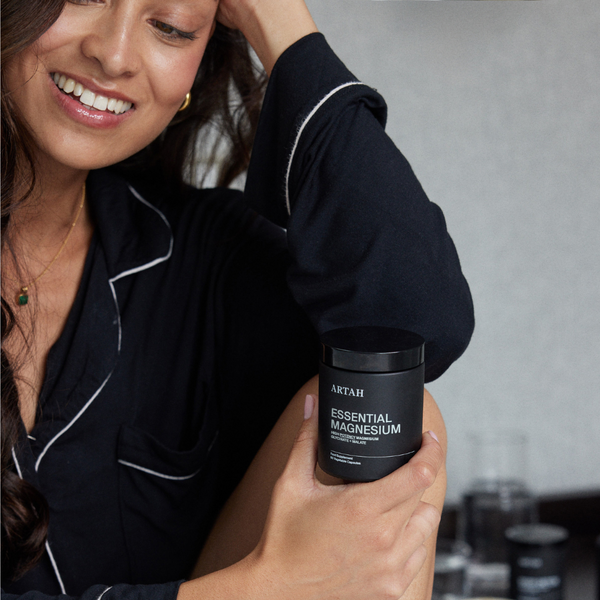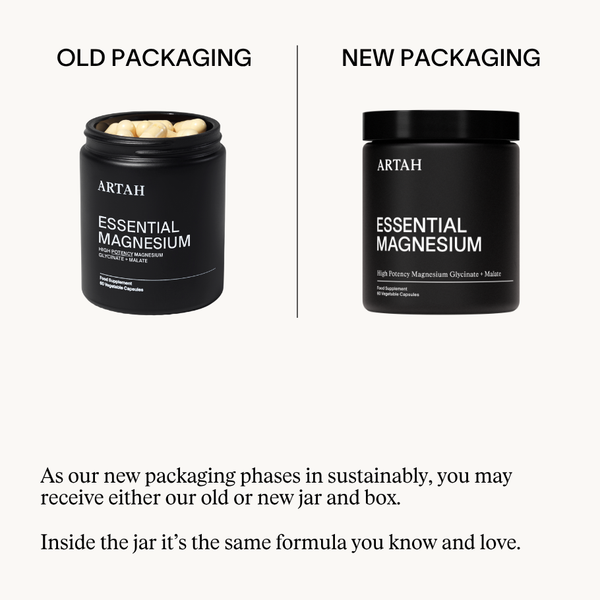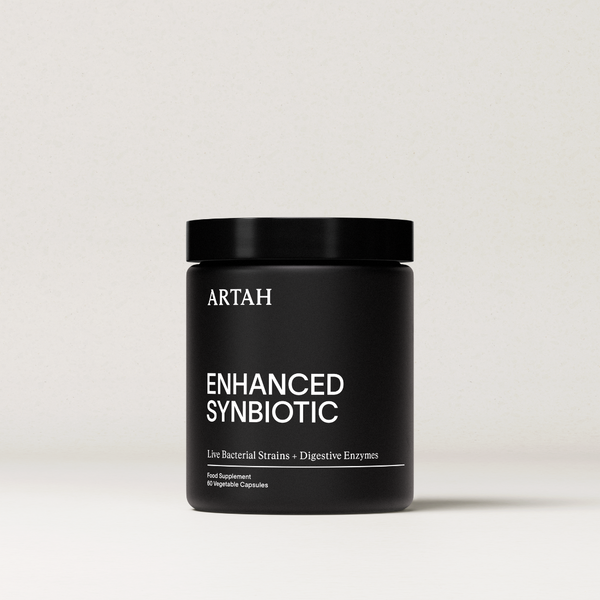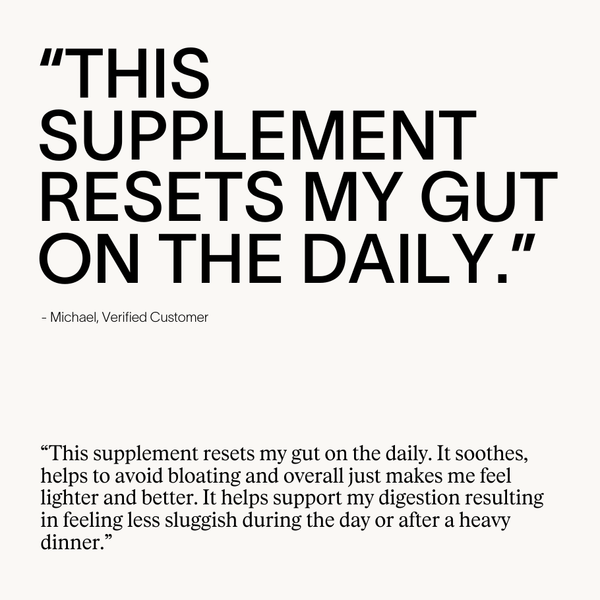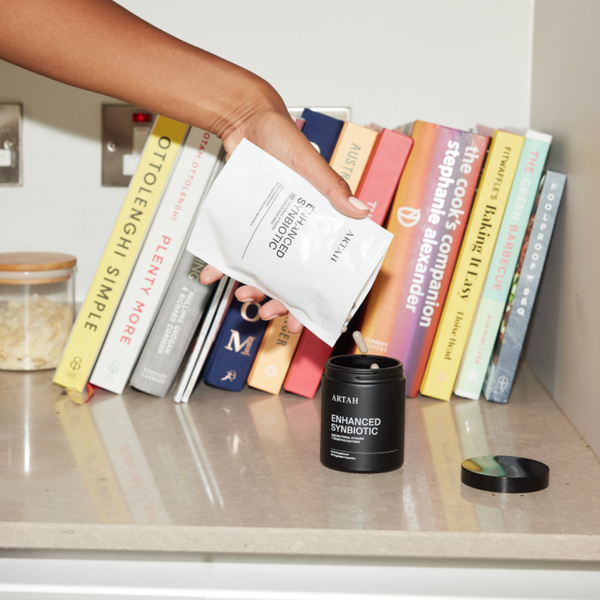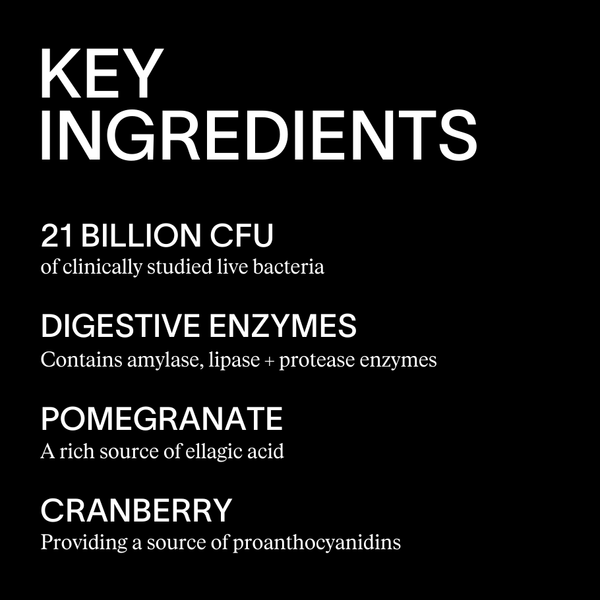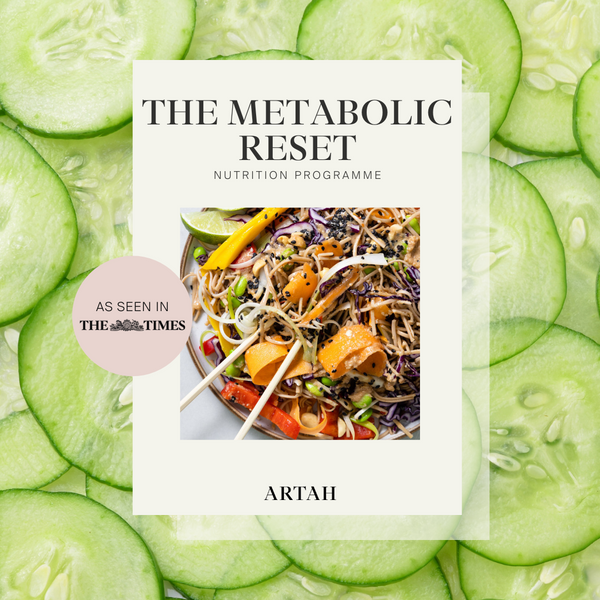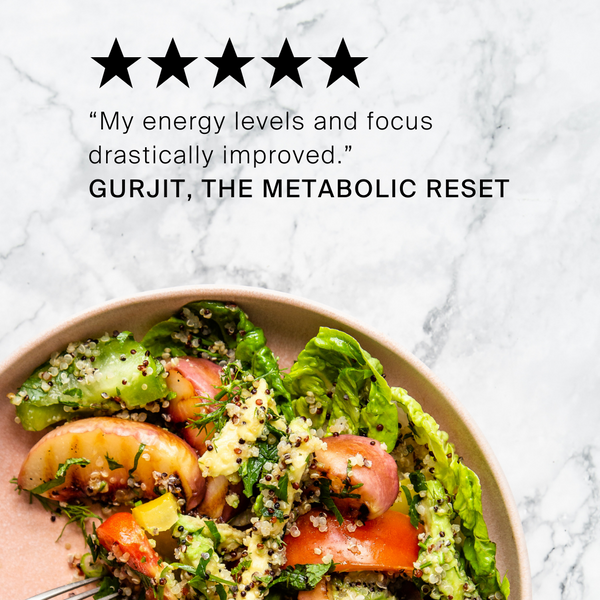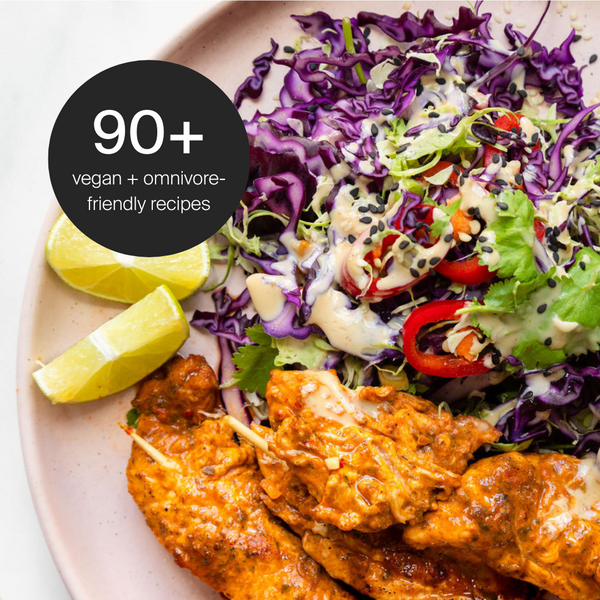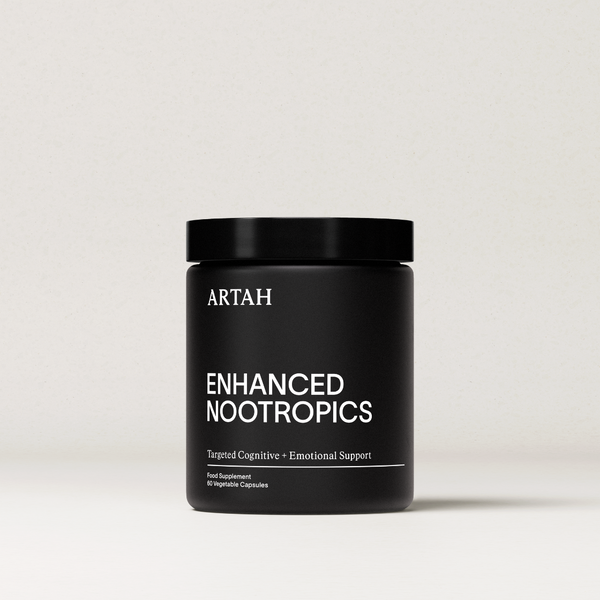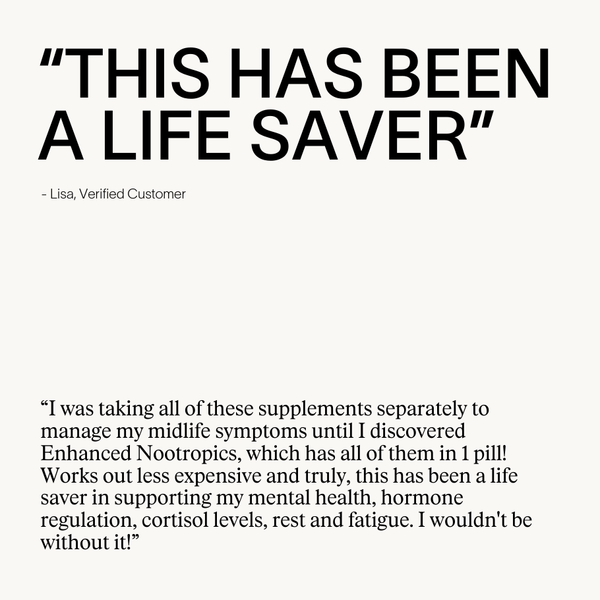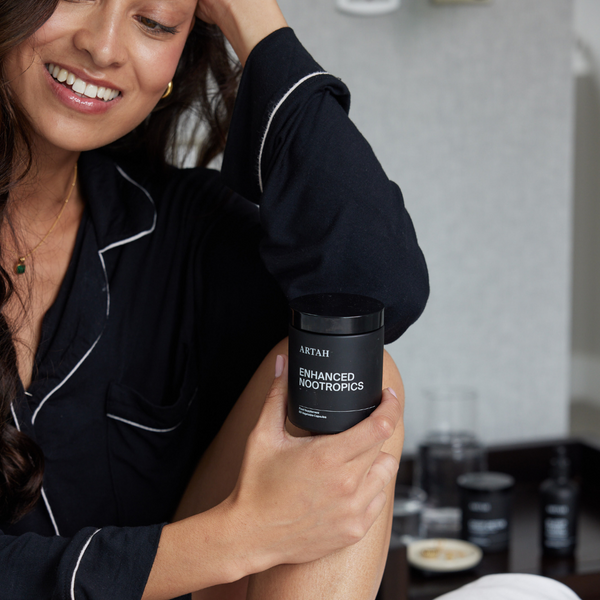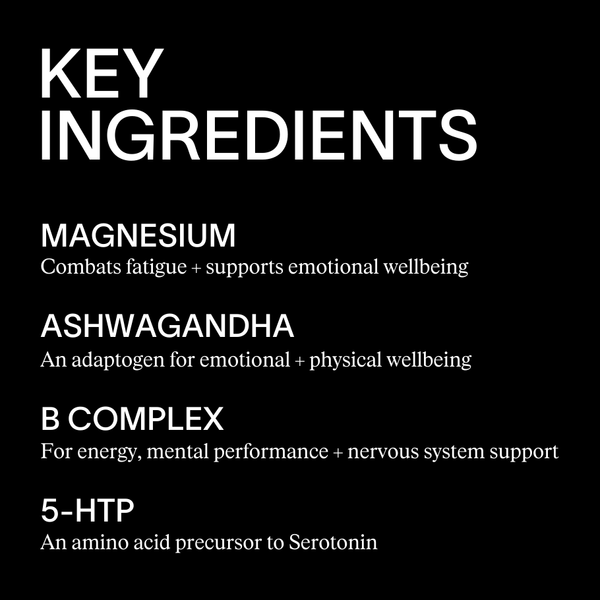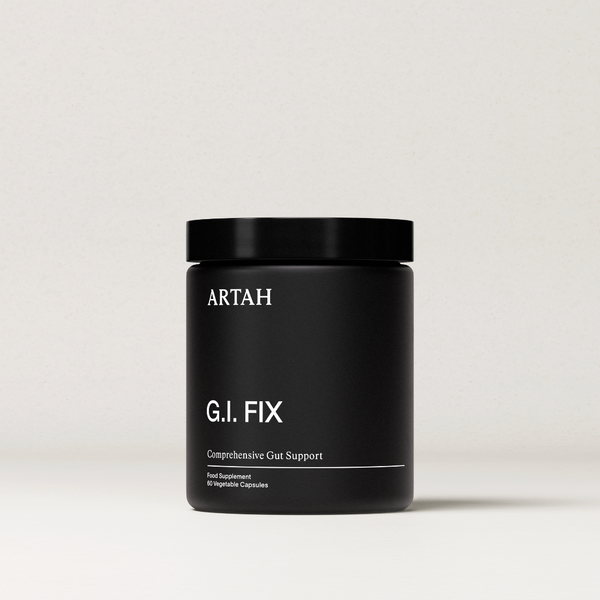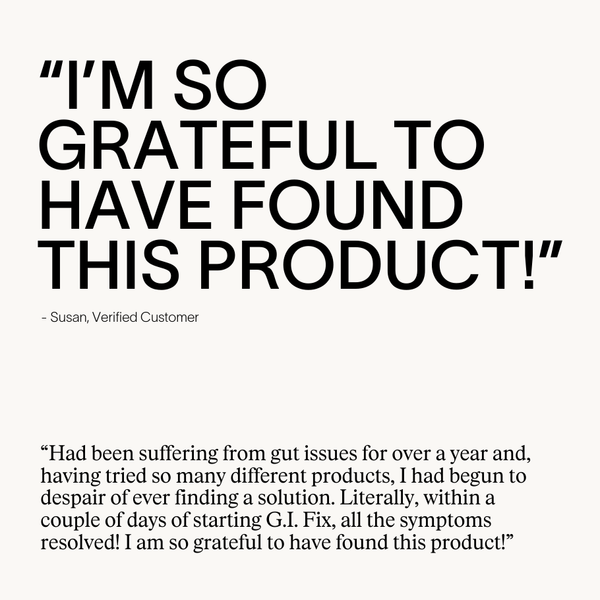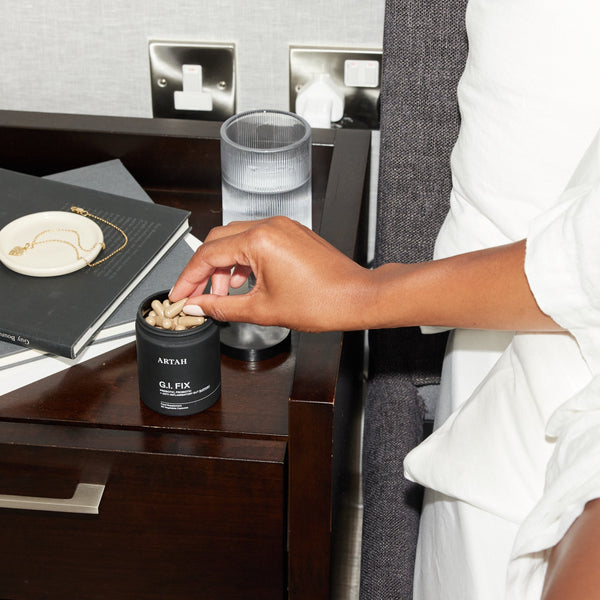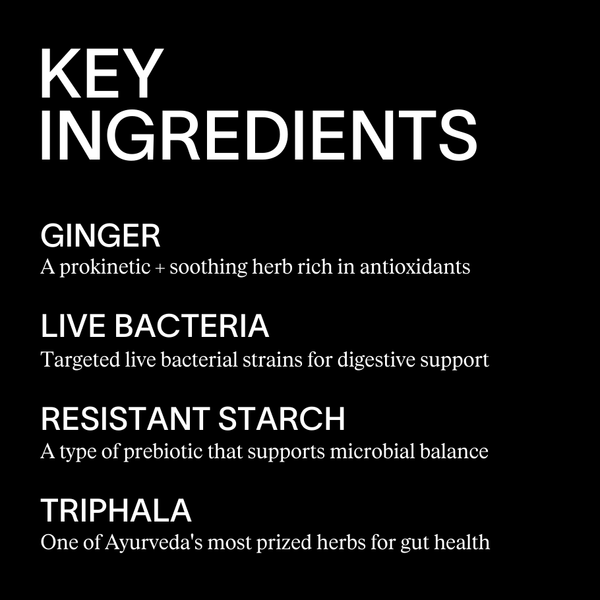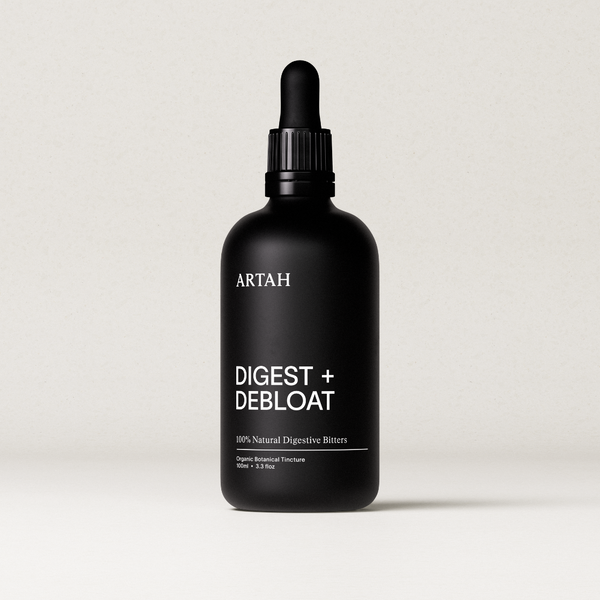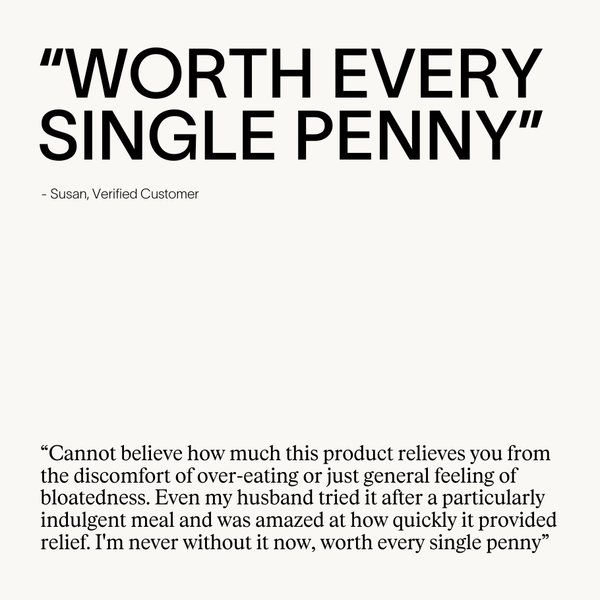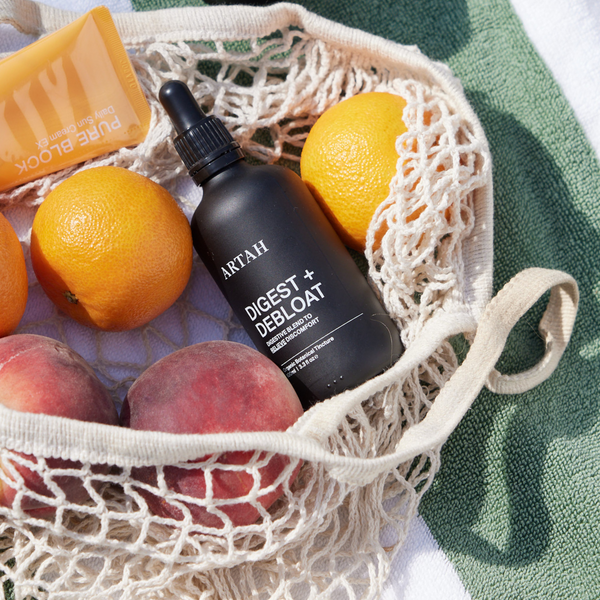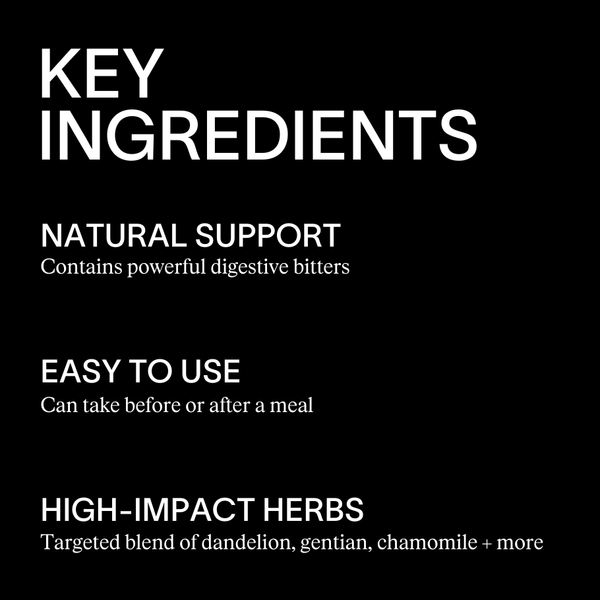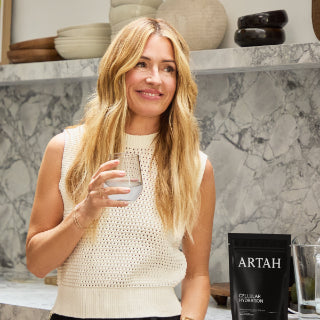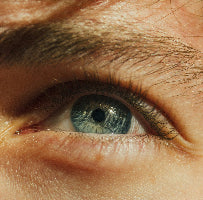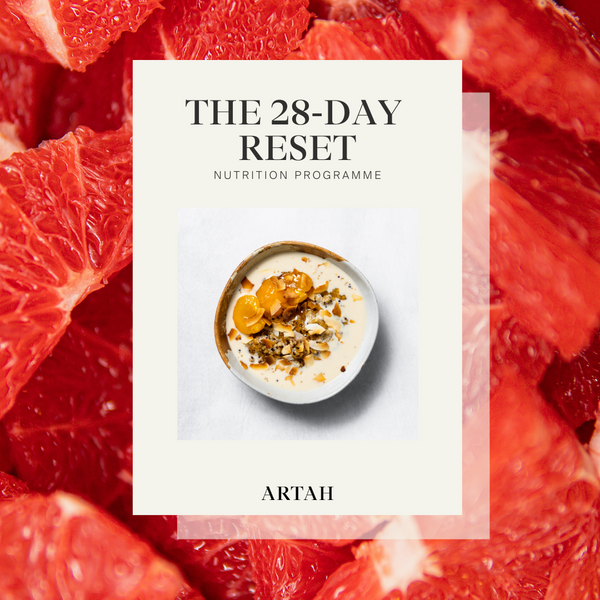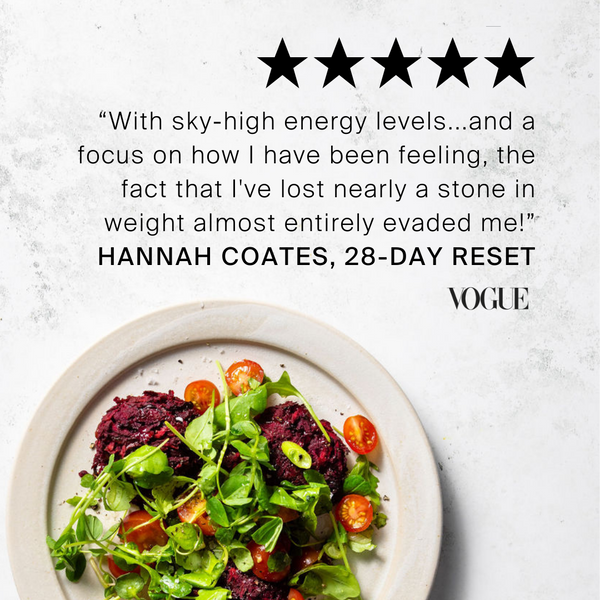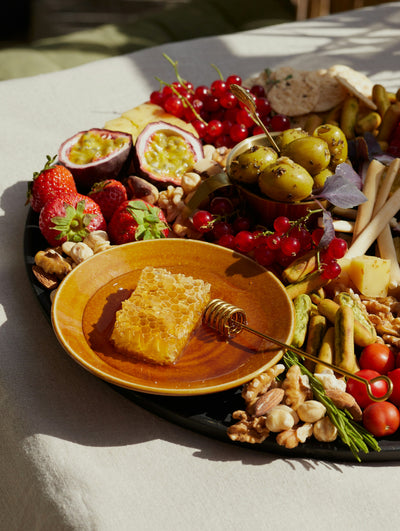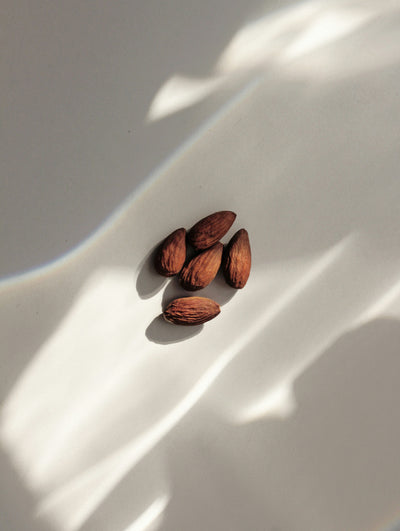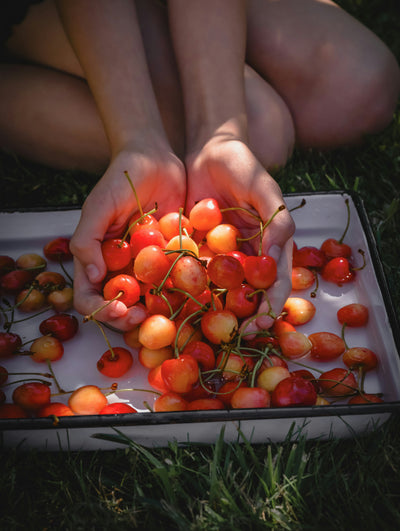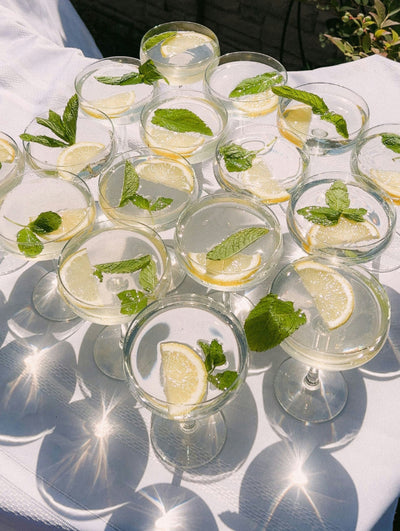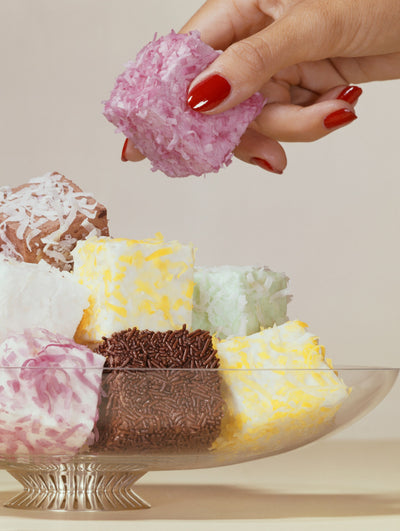How to banish breakouts and clear your skin for good.
Acne affects people of all ages and can really do a number on your confidence. Whilst we know that most adult acne is driven by hormones, traditional treatment options are hard to swallow. The most common are birth control pills or Roaccutane, but both can have pretty undesirable side effects including depression, anxiety, gut issues, liver damage, and post treatment hormone imbalances. In addition, the incidence of relapse once the medication is removed can leave up to 60% of people back where they started. So how can we cultivate clear skin naturally? The key is getting to the root cause.
Androgens, Oestrogens + Acne (oh my....)
Both of these essential groups of hormones will fuel the development of acne. When out of balance, they cause our sebaceous glands to produce excess oil – an environment that’s ideal for bacteria and inflammation to thrive. If oestrogen is low (i.e. at the end of our cycles just before menstruation), androgens are less opposed and can fuel sebum production in the skin. But when oestrogen is high, it can also negatively impact sebum production (i.e. in pregnancy), so the key here is keeping it in check. Which brings us to the gut....
Gut Dysfunction
In recent years we’ve come to understand the role of the gut in the detoxification and metabolism of oestrogens. Enter the estrobolome. The estrobolome refers to the microbial population in our gut that can influence oestrogen metabolism, including what form it's in and whether or not it ss excreted. This is mainly due to the work of an enzyme called beta-glucuronidase, which is produced by this set of microbes. The more our gut produces, the more oestrogen we hold onto and recirculate through the body. Although we can be genetically predisposed to some of these processes, lifestyle is always the deciding factor to how much is being produced. Red meat, saturated fat, NSAIDs, antibiotics, smoking and other medications are just some of the things that can increase the prevalence and activity of beta-glucuronidase. Interestingly, another risk factor is being male – who appear to have a higher propensity to the production of this enzyme, which helps explain adult acne seen in men.
So, what can we do? Cruciferous veggies are king when it comes to gut and increasing the amount of overall fibre will help. It’s also a good idea to include wild fermented foods – at least 3 cups per week – to improve the diversity of beneficial bacteria. Both prebiotic and probiotic support have been shown to decrease the activity of beta-glucuronaise, as do functional foods and herbs like curcumin, milk thistle, green tea and liquorice. Supplements can be supportive here, especially post antibiotics - our pics are G.I. Fix (probiotic, prebiotic, and packed with gut loving ginger and liquorice) and Deep Detox (a hefty dose of curcumin + milk thistle).

Nutrition
Dairy and high glycemic foods play a massive role in acne and inflammation, and only add fuel to the fire. Studies have shown that the intake of cow’s milk products increases the occurrence and severity of acne. Sugar is another no-no when it comes to clear skin. Diets high in sugar and/or high-glycemic carbohydrates have been shown to increase insulin and IGF-1(insulin-like growth factor), both of which can increase androgens and subsequently, worsen acne. In addition to their effect on insulin, high-sugar diets are known to feed bacteria and inflammation, both key mechanisms in the development and maturation of acne.
So if dairy and cows' milk are out, what about goats' milk? The studies are mixed. The protein in goats' milk is different to that of cows, so individuals vary with their tolerance. Many people who can’t tolerate cows' milk have no issue with goats', but the best way to find out is to try an elimination of all dairy (cow/sheep/goat) and test after a period of 3 months.
Stress
One day we may find a condition that stress doesn’t affect, but until then, it’s guilty until proven innocent. When it comes to acne, however, the effect of stress is far reaching; exciting research into gut health has shown that there is a clear brain-gut-skin access. Meaning what? It’s believed that emotional stress can alter the activity of our microbes, causing increased intestinal permeability and a subsequent worsening of inflammation in the skin. We also know that stress influences insulin, blood sugar, hormone balance and inflammation, so chronic stress is something that needs to be addressed in a holistic approach to acne.
What you can try
The key to tackling acne is patience – it takes around 40 days to see your skin turnover, so whilst it’s common to see a reduction in inflammation, frequency of breakouts and redness quite quickly, it will take a few skin cycles to really see the glow come through. Depending on the severity of your breakouts and your nutritional triggers, a good rule of thumb is 3-6 months.
— Eliminate dairy products for a period of 3 months (eek!). After 8 weeks if you’ve seen an improvement, you can add organic sheep's or goat milk yogurt and cheeses back in slowly.
— Introduce 3 servings of wild fermented foods. Wild ferments are those that aren’t highly processed or laden with sugar – so think natural sauerkrauts and pickles (no sugar or chemicals added), or you can make your own.
— If you’ve been on antibiotics in the last year, take a course of G.I. Fix to help treat and restore the gut.
— Increase cruciferous veggies - think cauliflower, sprouts, cabbage, broccoli, collards, and increase vegetables in general.
— Include anti-inflammatory functional foods in your day to day diet, like ginger, turmeric, rosemary and green tea.
— Decrease red meat and when you do include it, try to focus on quality (grass fed, farm reared, organic).
— Eliminate added and processed sugars. Not only will your skin thank you, but you’ll feel more energetic, clear and light heading into spring. Fruits are fine – so if you’re a baker replace your sugar with dates. It’s also a good idea to eliminate or reduce high glycemic carbohydrate foods like refined white flours, breads, etc.
— Increase hydration and anti-inflammatory foods fats like those found in walnuts, almonds, avocados, salmon and other wild caught fatty fish.
— Stress management. One for the long term picture, but definitely something we all (acne or not) need to find a way to improve. We love yin yoga, breathwork, and walking as quick and easy ways to change our state.
— Alcohol will fuel any inflammatory condition. Period. BUT, the good news is not all alcohol is equal when it comes to the extent of inflammation. Tequila is the lowest in sugar and has less congeners than other types of alcohol, so it’s less likely to trigger inflammation. While an overall avoidance of alcohol whilst trying to clear the skin is ideal, when it’s not possible try to opt for less aggressive options for your skin – avoid dark spirits, beer, and wine. Red wine will trigger more histamine release than white, so although white tends to be higher in sugar than red, red is reported to be worse for the skin.
— Supplements – Vitamin A, Zinc, Selenium, and anti-inflammatory Omega 3’s are essential pieces of our acne toolkit.

SHOP CELLULAR DEFENCE + ESSENTIAL OMEGAS
The Acne set
Our Acne Set has been designed to tackle hormones, inflammation, detoxification, and provides the nutrients your body needs to improve cell turnover, repair damage and reduce redness. After only 30 days of our consumer skin trials 85% of people noticed an improvement in symptoms.
Skin Trial — Week 1

Skin Trial — Week 4





